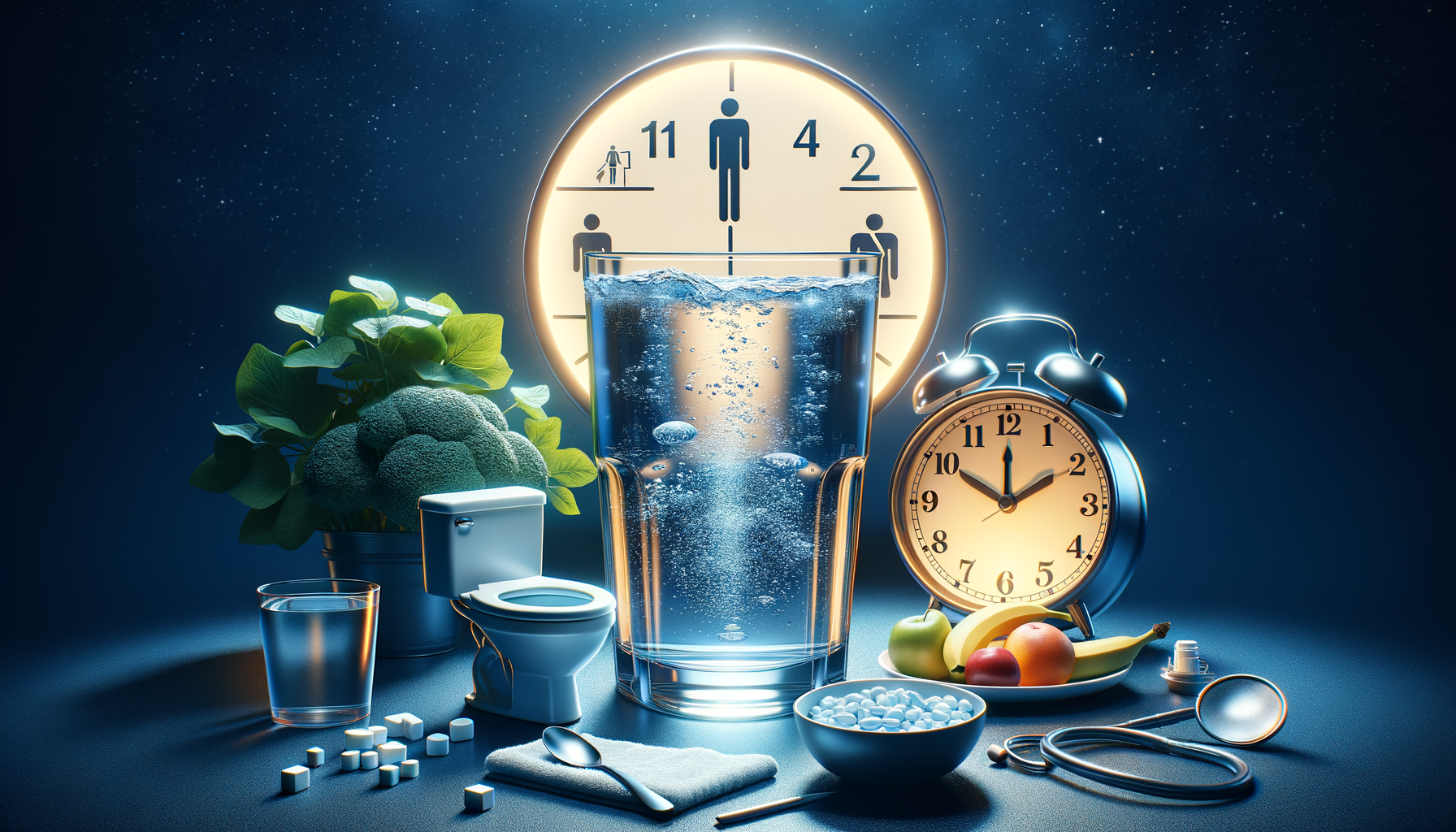Ways Older Men Can Address Frequent Nighttime Urination
Does waking multiple times throughout the night to use the restroom disrupt sleep patterns? This common experience affects many older individuals. Understanding potential contributing factors can be helpful.

Understanding Nocturia and Its Impact
Nocturia, the condition of waking up frequently during the night to urinate, is a common issue affecting many older men. This disruption can significantly impact sleep quality, leading to daytime fatigue and affecting overall well-being. Understanding the root causes and exploring potential solutions is crucial for those experiencing this condition.
The causes of frequent nighttime urination in older men are varied and can include age-related changes in bladder function, prostate enlargement, and certain medical conditions such as diabetes or heart failure. Additionally, lifestyle factors such as fluid intake before bed, caffeine consumption, and certain medications can exacerbate the issue.
Addressing nocturia involves a comprehensive approach that may include medical treatments, lifestyle modifications, and sometimes behavioral therapies. By understanding the underlying causes and exploring effective treatments, older men can find relief and improve their quality of life.
Causes of Frequent Nighttime Urination in Older Men
As men age, the likelihood of experiencing nocturia increases due to various physiological and lifestyle factors. One of the primary causes is the enlargement of the prostate gland, which can lead to increased pressure on the bladder and a more frequent need to urinate.
Other causes include changes in the kidneys’ ability to concentrate urine, leading to increased urine production at night. Conditions such as diabetes, heart disease, and sleep apnea can also contribute to nocturia by affecting how the body processes fluids.
Furthermore, certain medications, such as diuretics or blood pressure drugs, can increase urine production. Lifestyle factors like excessive fluid intake before bedtime, alcohol, and caffeine consumption can also play a role. Understanding these causes is essential for determining the most appropriate and effective treatments for frequent nighttime urination in older men.
Effective Treatments and Lifestyle Changes
Addressing nocturia often requires a combination of medical interventions and lifestyle changes. Effective treatments for frequent nighttime urination in older men may include medications that reduce urine production or relax the bladder muscles, thus decreasing the urge to urinate.
Lifestyle changes to reduce frequent nighttime urination in older men can be highly beneficial. These may include limiting fluid intake in the evening, avoiding caffeine and alcohol, and establishing a regular bedtime routine to promote better sleep. Additionally, pelvic floor exercises can strengthen bladder control, and weight management can reduce pressure on the bladder.
For those with underlying medical conditions contributing to nocturia, managing these conditions with the help of healthcare professionals can also reduce symptoms. By combining these approaches, older men can significantly improve their sleep quality and overall quality of life.